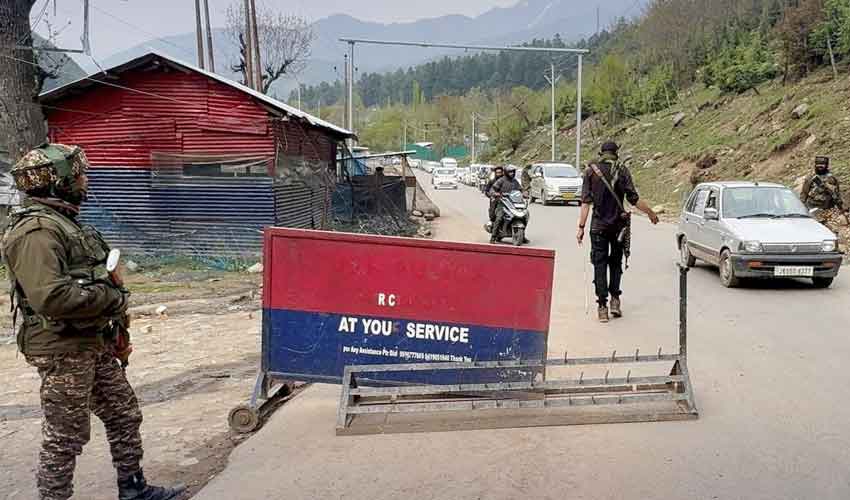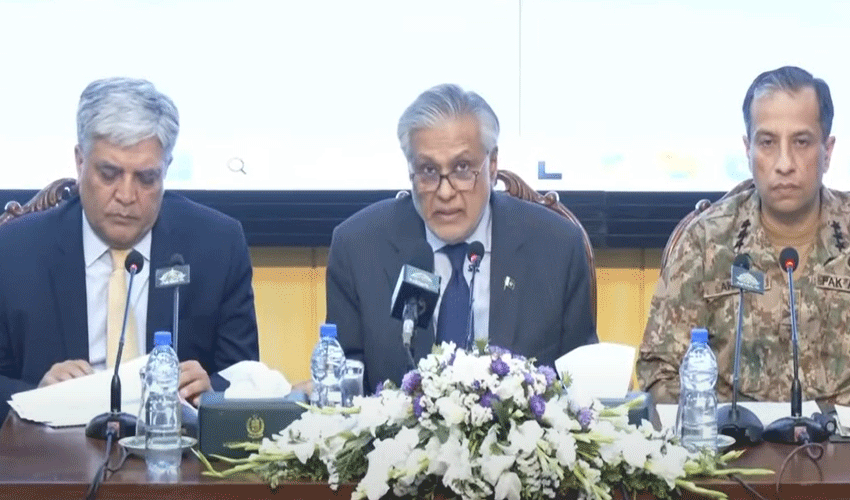In Bangkok, Thailand, the labour minister announced plans to establish a new daily minimum wage by the end of the year. Contrary to previous statements, this wage will not be set at 400 baht ($11.19).
This proposed increase has raised concerns among businesses, fearing higher operational expenses that could impact Thailand's competitiveness for investors amid an already sluggish economy.
Minister Pipat Ratchakitprakarn assured that the wage hike would exceed inflation rates, with the current daily minimum wage at 337 baht. As of August, Southeast Asia's second-largest economy had an annual headline inflation rate of 0.88%, reaching 2.01% in the first eight months of the year.
While Prime Minister Srettha Thavisin expressed the desire to raise the daily minimum wage to 400 baht, equivalent to a 19% increase from the current average, Pipat clarified that this amount wouldn't be designated as the minimum wage but rather as "pay by skill" for workers. He voiced concerns that a wage increase of over 10% could strain employers and lead to the disappearance of small and medium enterprises (SMEs).
The new minimum wage is expected to be determined by Thailand's tripartite wage committee by November and will be announced as a "New Year's gift," according to Pipat, following discussions with the Federation of Thai Industries (FTI).
Kriengkrai Theinnukul, FTI chair, emphasised the need for a balanced approach in deciding the wage increase, aiming for a rate slightly higher than inflation. He acknowledged the presence of over 20 labour-intensive industrial groups in Thailand.
The new government has introduced various populist policies to stimulate the economy and reduce living costs, including a digital wallet handout worth 560 billion baht, in line with their campaign promises.



























